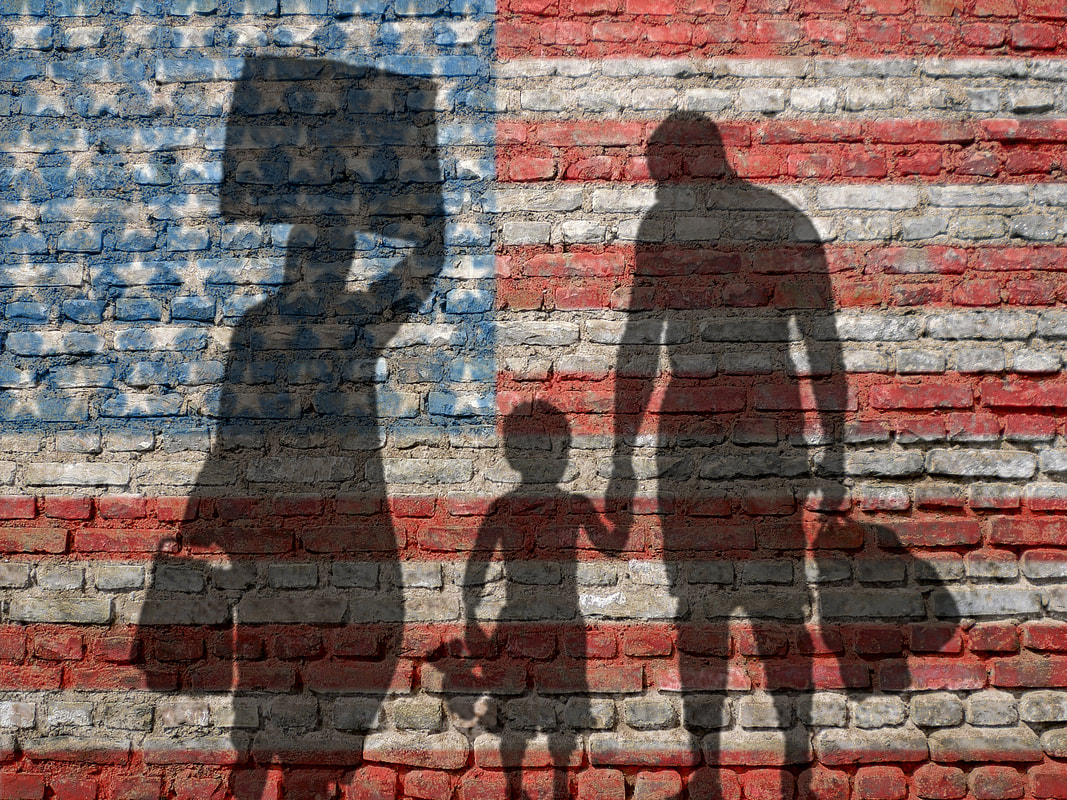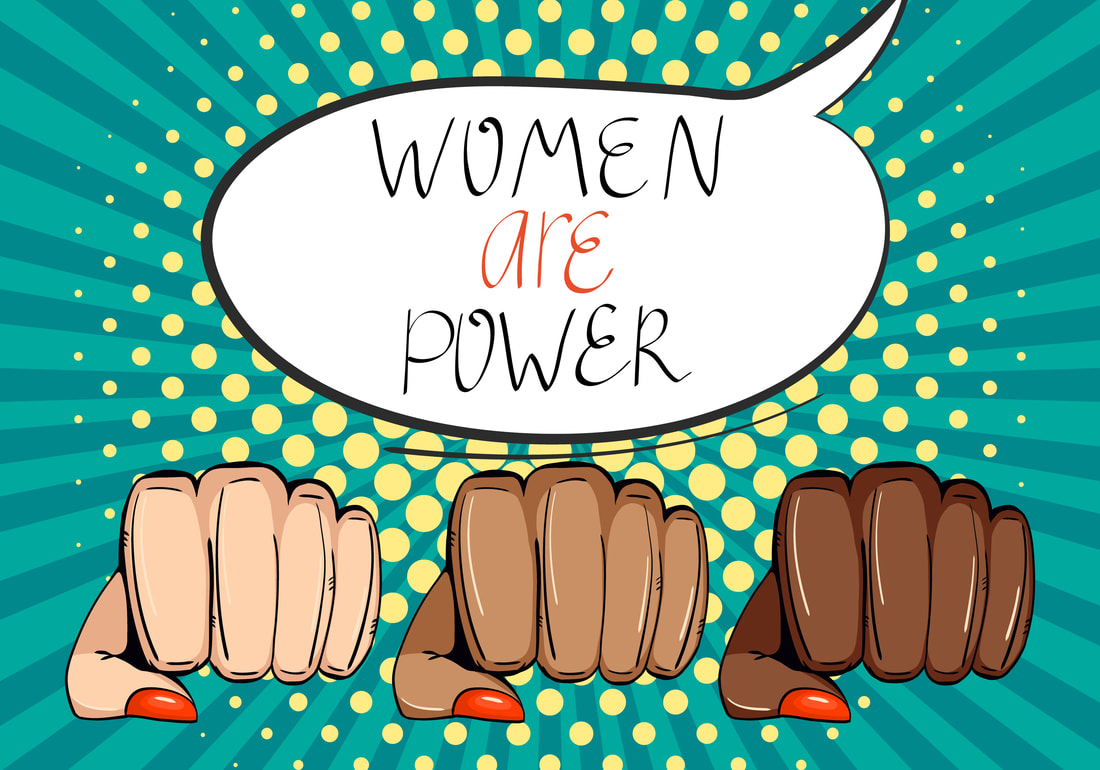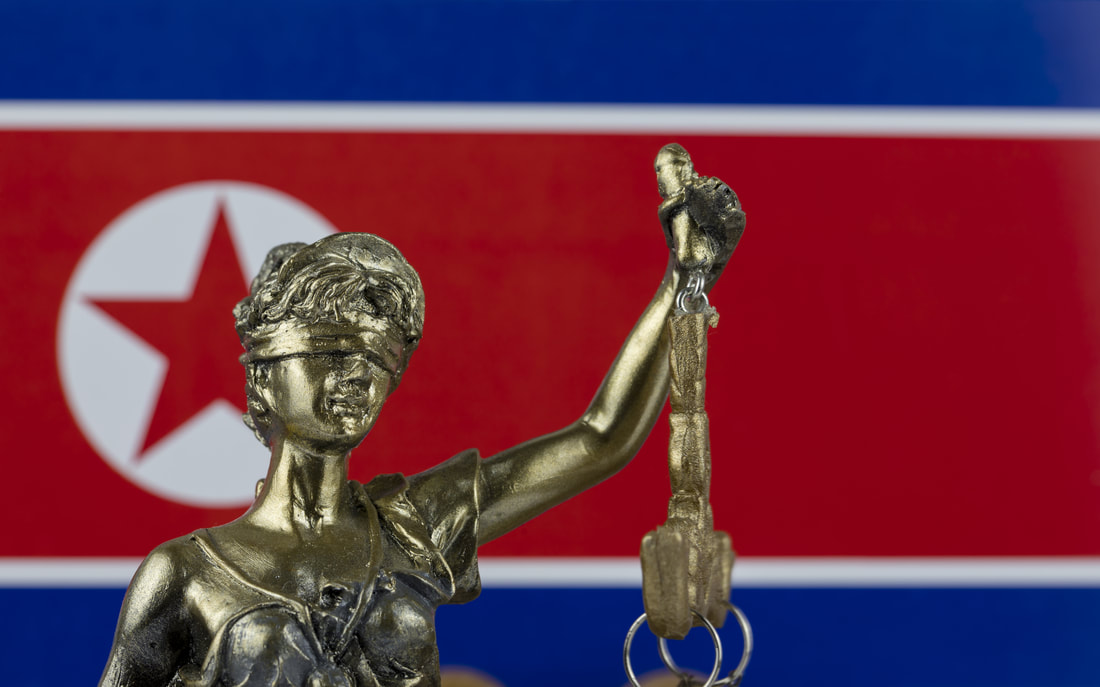|
By Eric Ryu, HRNK Research Intern
Edited by Sophia Hapin, HRNK Research Intern, and Rosa Park, HRNK Director of Programs and Editor August 10, 2021 The North Korean Human Rights Act of 2004 intends to protect human rights and freedom in North Korea, including the promotion of humanitarian or legal assistance to North Koreans escapees.[1] Granting North Korean refugees [2] the opportunity to come to the United States was an important factor in adopting the act. However, since the United States formally began accepting North Korean refugees in 2006, the annual number has continuously been decreasing with a total of only 220 refugees resettled in the United States. [3] In fiscal year 2020 alone, the United States only accepted two refugees. [4] There are many factors that have contributed to the decline in the number of North Korean refugees to the United States. North Korean escapees will generally choose to resettle in South Korea as the country had accepted a total of 33,752 refugees as of January 27, [5], [6] but the process of resettling in the United States is much more time-consuming than in South Korea and navigating through the United States immigration system is very complex. Therefore, it is important to identify and understand why the number has decreased significantly, so the United States can address these concerns to facilitate North Korean refugee resettlement in the United States.
2 Comments
By Seshni Moodley, HRNK Research Intern
Edited by Carter Thompson, HRNK Research Intern, and Rosa Park, HRNK Director of Programs and Editor August 5, 2021 Introduction Women’s rights violations are a global issue. Women are continuously disadvantaged in many spheres of everyday life. There are various social, political and cultural constraints that hamper the promotion of women’s rights in North Korea. Amongst the various barriers that are hampering the promotion of gender equality in North Korea, the most prominent are the laws of the Democratic People’s Republic of Korea (DPRK), as these laws enforce the idea that women play an inferior role in society. By Michelle Dang, HRNK Research Intern
Edited by Eric Ryu, HRNK Research Intern and Rosa Park, HRNK Director of Programs August 3, 2021 As the Biden administration has recently affirmed its commitment to fostering a well-grounded U.S. policy toward North Korea, it is critical to revisit the role of the Special Envoy for Human Rights in North Korea and push for the speedy reinstatement of this senior official. Denuclearization will continue to take center stage in the Korean peninsula’s peace process. However, human rights concerns in North Korea will have to be equally addressed if North Korean reintegration into the international community is to be expected. The reappointment of this Special Envoy would highlight the urgency of revitalizing human rights discourses and implementing effective enforcement of existing recommendations and policies. |
DedicationHRNK staff members and interns wish to dedicate this program to our colleagues Katty Chi and Miran Song. Categories
All
Archives
June 2024
Categories
All
|



 RSS Feed
RSS Feed
